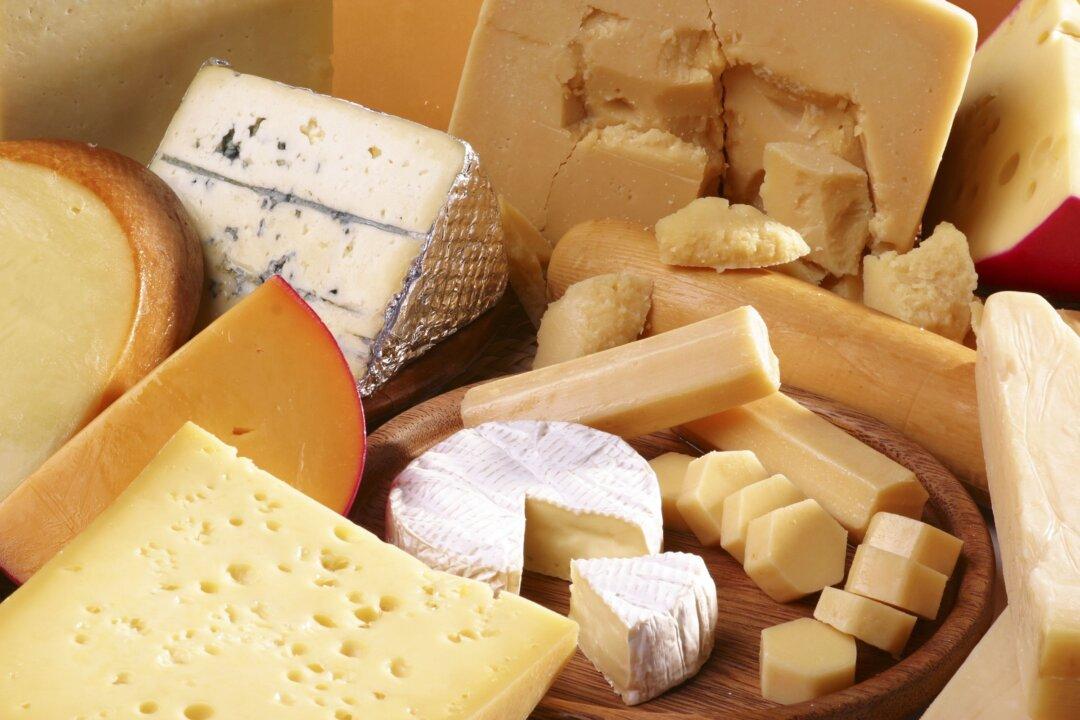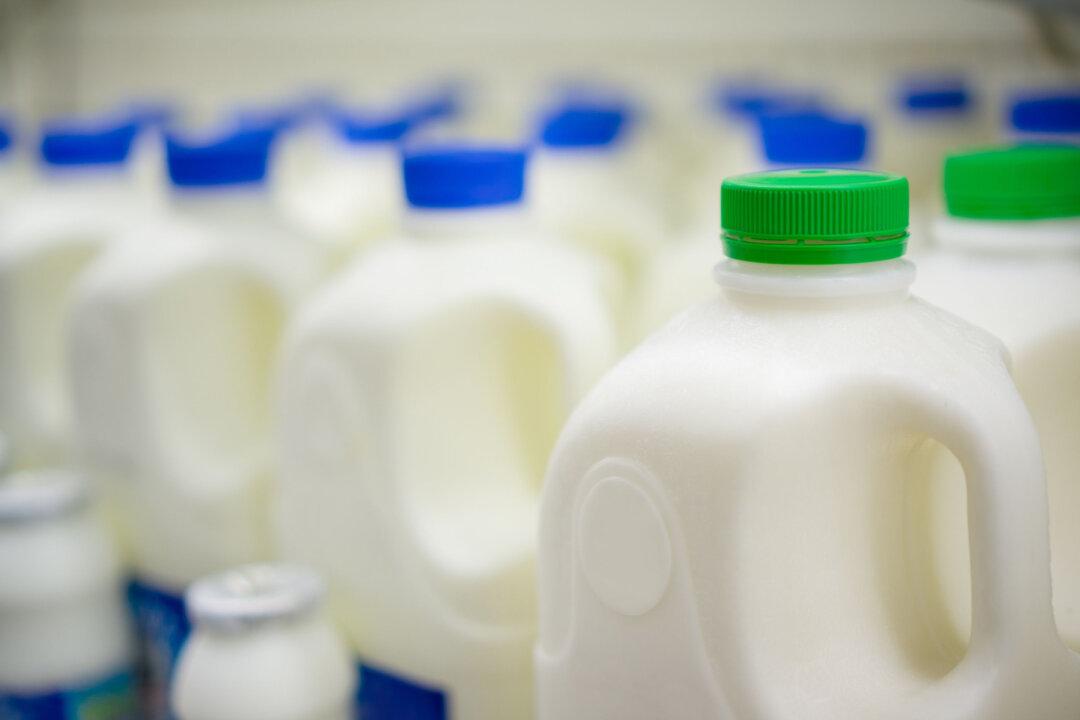“The Catholic priest who had charge of the mission on this island told me that this family practically never asked for assistance of any kind, and was always in a position to help others. They were happy and well nourished. It is important to note that the progressive degeneration in facial form which occurred in many of the families on the other islands was not found in this family.”In modern times, menopause frees up older women not only to help their sons and daughters raise their children but also to pursue a wider role in the workplace and the community. Many active women celebrate menopause as the best time of their lives—with the hard part of raising children behind them—and with time and enthusiasm to pursue other activities.
Yet modern medicine often treats menopause as a disease requiring treatment with hormonal drugs—usually a combination of estrogen and progesterone—and sometimes even androgens (male hormones). Since the introduction of hormone replacement therapy (HRT), millions of women have taken them in various combinations with the promise of prolonged youth, relief from vaginal dryness, freedom from hot flashes, and protection against osteoporosis. The promise of a more youthful appearance through such treatments, as illustrated in a June 30, 1997, Newsweek article that expounds, “Estrogen helps keep skin thicker and less wrinkled by slowing the breakdown of collagen,” makes it difficult for women entering menopause to resist their use.
Supporting Hormone Production Naturally
There are two natural ways of supporting hormone production during menopause. The first recognizes that when the ovaries stop producing estrogen, the adrenal glands take over to produce sex hormone precursors. Unfortunately, for many women, menopause is the time of life when bad habits catch up with them. If you have been a frequent consumer of caffeine in coffee, tea, chocolate, and sodas—a practice that causes the adrenal glands to work hard in order to raise cortisol levels—your adrenal glands may be too depleted to step up to the additional task of producing estrogen. Sugar in chocolate preparations, sodas, and added to coffee has the same effect, creating a double whammy on these critical organs.“If chronic stress is present [including the stress of caffeine and sugar consumption] and the adrenal glands are required to produce large amounts of cortisol and DHEA, the glands may not be able to keep up with the demand for sex hormone precursors. As well as this, high cortisol production has been linked to bone loss in both men and women. Furthermore, increased cortisol production can increase core body temperature, therefore contributing to the development of hot flushes ...”Interestingly, the ovaries still produce androgens after menopause, so it is doubly important for the adrenal glands to be healthy enough to produce balancing estrogen precursors. Slightly higher androgen levels can help equip a woman for her new role as forager, matriarch, and sage, or—in modern societies—as activist, manager, and decision-maker. Taking estrogens as part of hormone replacement therapy may upset this delicate new hormone balance and thwart nature’s efforts to get the retired homemaker out of the house and into the wider world.
Another virtue of the increase in belly fat is that it serves as a source of stem cells, which the body can then direct to grow into bone, cartilage, muscle, and organ tissue as the need arises.
“The incidence of acute and chronic wound diseases is rising due to various reasons. With complicated pathogenesis, long course, difficult treatment and high disability, wound diseases have become a major burden for patients, their families, and society. Therefore, the focus of research is to identify new ideas and methods for treatment. Fat grafting has gained increased attention because of its effectiveness in wound treatment, and further analysis has uncovered that the stem cells derived from fat may be the main factor affecting wound healing.”Of course, who needs fat grafting if you let your body naturally gain some weight at menopause—a time of life when accidents happen more frequently, aging tissue begins to break down, and the need for stem cells increases?
Of course, you don’t want to gain too much weight—a couple of dress sizes will suffice. You can accomplish healthy weight gain by eating cheese, butter, whole milk, and other delicious fats. These satisfying foods can help make foods containing sugar and caffeine less appealing.
Gals, menopause is your turn to enjoy yourself in the wider world—so gain a little weight while eating delicious high-fat foods. I say, hooray for menopause!





